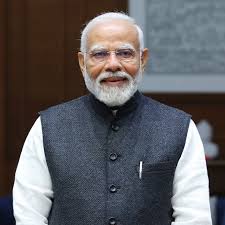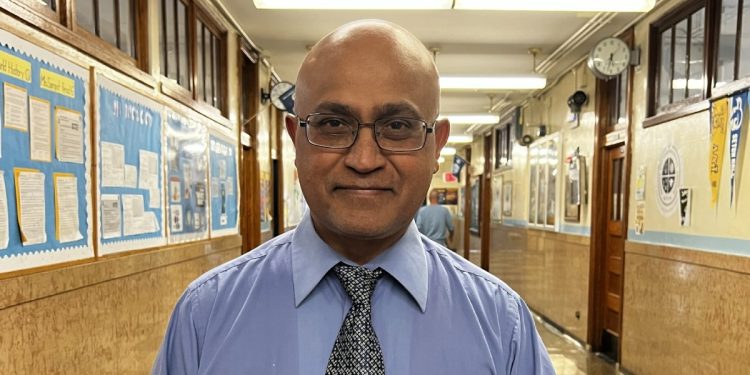India is a global, influential power that countries have been courting for economic benefits and bolstering global security. India can be an asset to Trinidad and Tobago (TT) for developmental aid, loans, training, and technology to turn around the ailing economy.
India’s prime minister, Shri Narendra Modi, visits Trinidad and Tobago this week in recognition of historic ties of affinity as well as to bolster relations with the diasporic nation and the Caribbean region in general. From Delhi, the PM is first stopping in Ghana to deepen ties before spending two days in Trinidad, continuing on to Brazil and Argentina. India considers the global South as important and has been consolidating ties. And as such the visits to developing countries like TT and others in the region.

This will be the first visit to Trinidad and Tobago of an Indian PM since Manmohan Singh in 2009 for the Commonwealth summit. Indian Cabinet Ministers as well as business delegations and cultural troupes visited in between for business and political links and cultural connectivity.
Since relations were established in 1962, India-Trinidad and Tobago (TT) ties have largely covered culture, education, trade, technical cooperation, energy, agriculture, health, medicine, maritime issues, and offers of military assistance. But TT has not been warm towards India outreach.
India has much to offer and indeed did provide much assistance to TT over the last six decades, but the Rowley government over the last decade did not show much interest to strengthen ties with India. The relationship was cold, resulting in the Indian PM bypassing TT twice in regional visits although India showed interest to work with TT on bilateral and multilateral interests. The previous government was more interested in building capacity with China, which USA views as a competitor in its backyard. The Kamla Persad-Bissessar seems interested in reversing course, wooing India instead of China for development assistance. The latter has been in a collision course with USA which the Kamla led government has been courting. The UNC administration understands the geopolitics of the region, wisely reducing entanglements with Venezuela and China. The USA does not take too kindly towards governments that are very friendly with Beijing.
The ‘global South’ of which TT has been part is India’s top priority. TT and other south developing nations have a commonality with India of opposing colonialism and apartheid. The global south also obtained its independence from colonial powers following the peaceful non-violent struggle started by India through the Mahatma. India championed their independence. And after independence, India has made it a priority to promote development in the south nations like TT without exploiting them.
India has been a donor country over the last four decades, providing over US$200 billion in loans and grants to the south nations. It also provides soft loans through its development agency as well as its ExIm bank. TT can access loans and technical assistance from India instead of becoming dependent on China for financing of projects. While TT had not borrowed much from India, billions in TT$ have been poured into the TT economy by India businesses. Trade has been ongoing for ethnic goods as well as materials and labor for construction. India is a willing partner for development. Ministry of External Affairs’ Indian Technical and Economic Cooperation (ITEC) has been reaching out to Caribbean and Latin countries providing various forms of aid for capacity building, scholarships, training, projects, and institution building. TT must take advantage of India’s generosity.
Representatives of government of TT and India, private sector, business and industry, manufacturing and trade associations, and diaspora organizations should meet on how to deepen ties by starting new businesses and industries, bolstering trade to create job opportunities and and grow both economies. India is an asset that TT cannot afford to ignore or to woo to turn around its sagging economy.

































































